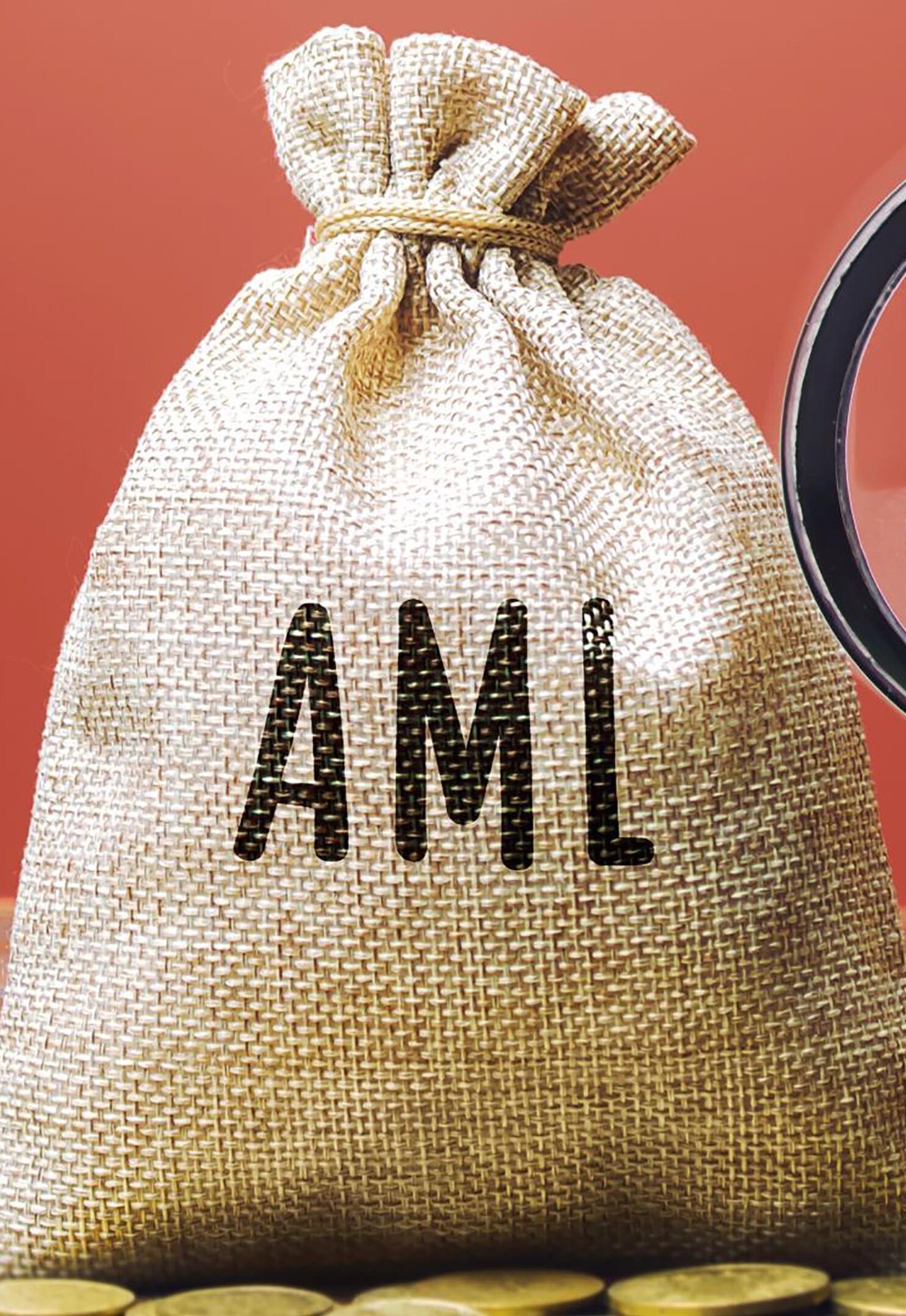A Unifying Real Estate Voice Representing 24 Countries
THE ASSOCIATION
Established in Brussels in 1990 as an international non-profit organisation representing estate agents and property managers of 24 countries worldwide. CEPI has a number of partnerships with other European and international associations to exchange information, points of view, experience and expertise.







